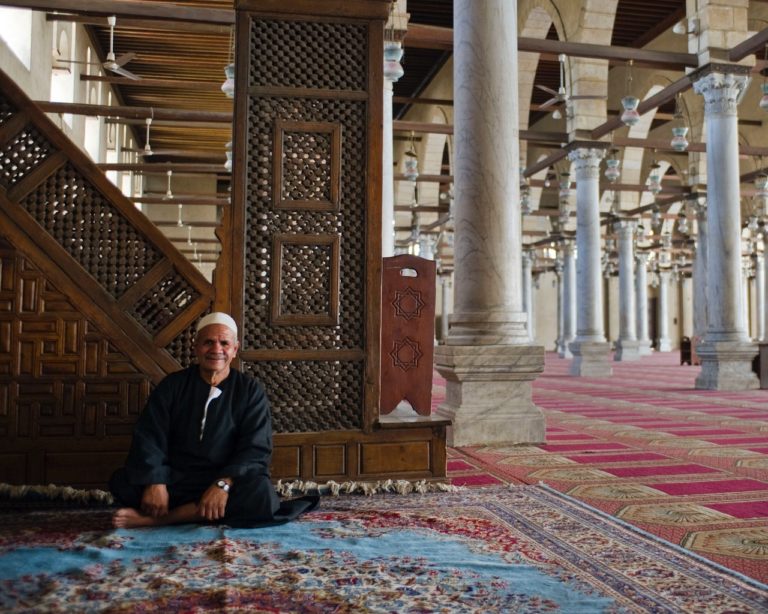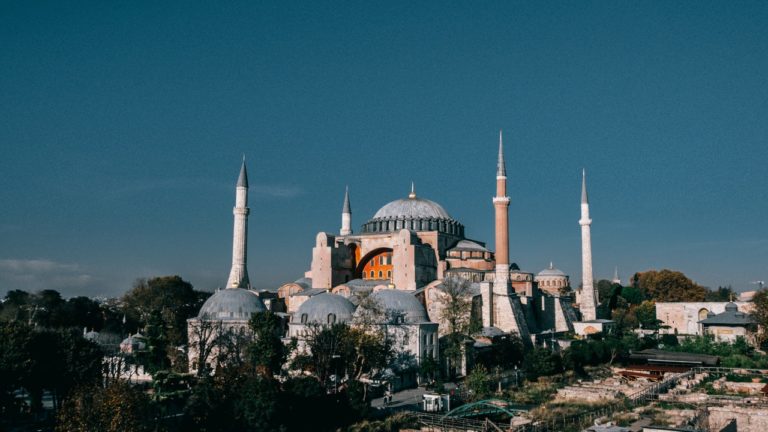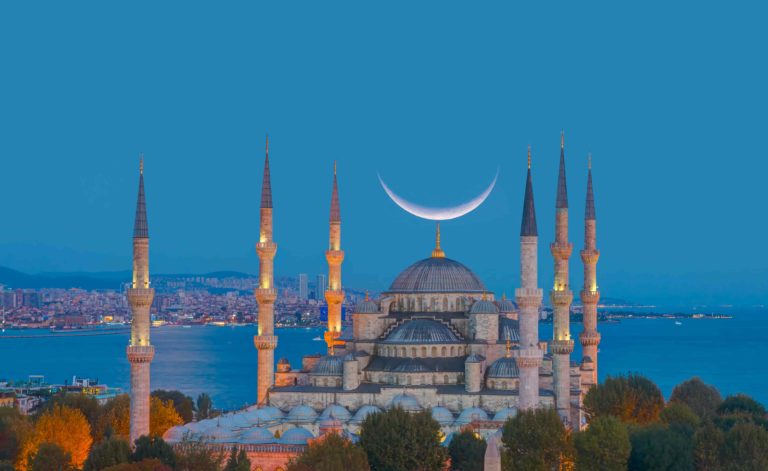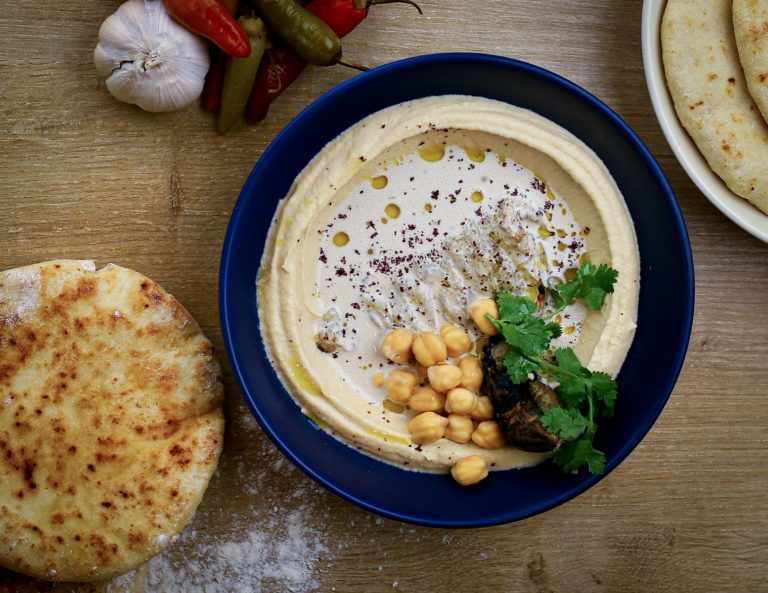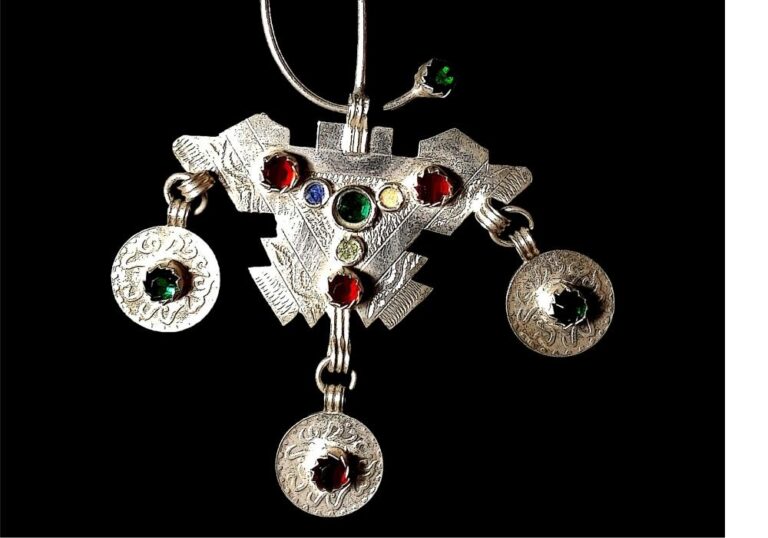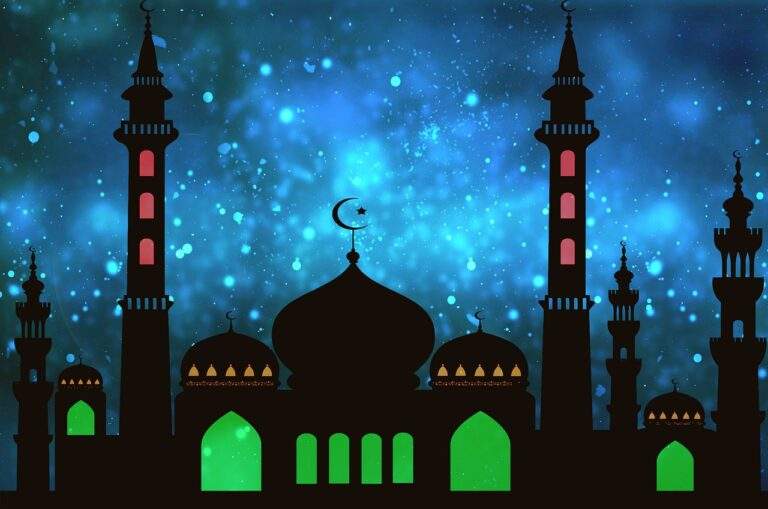Jordan People, culture, and traditions
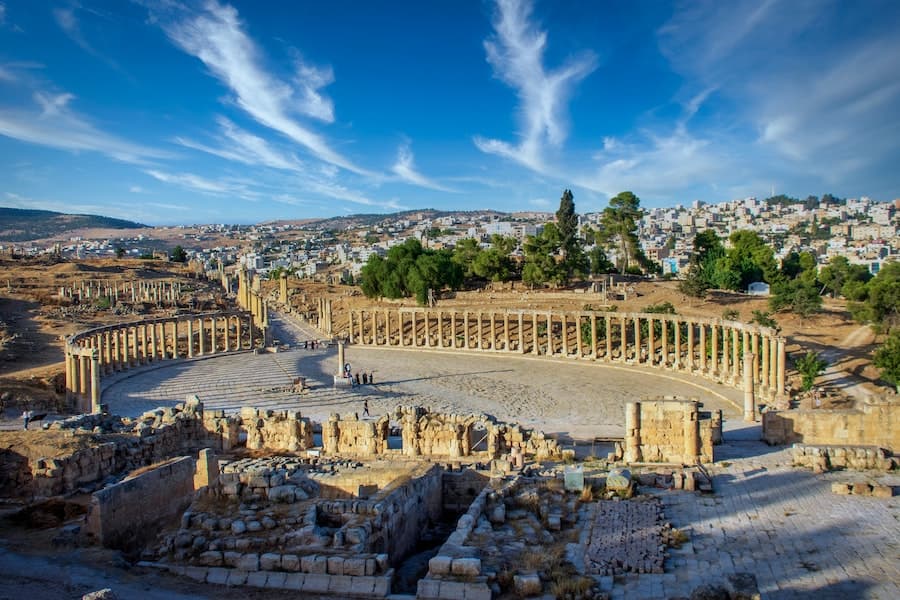
Jordan’s role in the Middle East is crucial in maintaining peaceful geopolitical relations.
Despite the lack of natural resources such as oil and gas that the Middle East is known for, Jordan remains one of the most peaceful countries to visit.
There is great diversity yet harmony in their demographics, a rich culture, and a tradition that tells a story
Table of Contents
Jordanian People:
The Hashemite Kingdom of Jordan has a population of around 10 million with a large population of refugees.
Jordan has been the peacemaker for a long time historically, so this explains the fact that this country has around 98 percent of Arabs and the rest of the population is for Armenians, Chechens, and Circassians.
The main language spoken is Arabic with the main religion practiced is Islam although there are many Christians and people of different faiths living peacefully.
The Jordan Kingdom is known for being the largest refugee-hosting country per capita since they are the best hope for Palestinian refugees.
Palestine shares a lot of features with Jordan such as the people, religion, land, and even system of government.
Jordan also hosts people from different backgrounds which is one of the reasons why it’s a great country to visit. Unlike Iraq and Palestine, Jordan had to be the place with the least conflict.
The country as a whole has a lot of responsibility on its hands because it needs to not only provide for itself, but also needs to provide for the growing refugee numbers.
As a land, Jordan is not the most blessed when it comes to irrigation or lush green lands, it’s a very dry place and does not have a lot of oil.
Most of the economy that Jordan generates comes from outside. They rely heavily on foreign trade, tourism, and some agricultural land.
The Jordan population numbers are growing by around 2 percent every year and the population is fairly young with around 60 percent of the demographics are in the 15-55 age bracket.
Most of the population is heavily concentrated around the west side and particularly the northwest which is around the capital of Amman.
You can also find a big chunk of the population near the southwest around the shore of the Gulf of Aqaba which is a popular touristic place.
Jordanian Culture:
Jordan has one of the richest historical backgrounds. Despite the fact that Jordan has experienced has had a long history shaped by major historical events, the culture of Jordan is based on Arabian/Islamic elements.
The country of Jordan stands right at the intersection of the three continents of the ancient world such as in the Babylonian age and the Ottoman Empire take over.
Jordan was also a significant location in the Bronze Age and the Ummayad/Khalifat era which lent it the geographic and population diversity that it has now.
Jordan culture is very closely tied in with the religion of Islam since it’s a supermajority.
The culture pulls in from all kinds of places; on the one hand, Jordan culture has a very strong resemblance to the Mediterranean culture, but one the other, it’s also very similar to the Arabian culture.
Jordanians just like a lot of Muslim countries apply Islamic teachings to their daily lives and take on the spiritual journey of Islam on a daily basis.
This is why Jordan structures its holidays, celebrations, and even the day according to the five prayers, eid al Adha, eid al Fitr, and the holy month of Ramadan.
Jordan also has a lot of Christians living in the land well integrated into the Jordanian society. Both people of different religions in Jordan often respect one another despite the difference in their belief system.
Hospitality is another aspect of Jordan culture. This is the case across all Arab countries as they’re known for their social obligation to take care of guests and visitors.
All Jordan people are respectful towards visitors not only because tourism is a big part of the economy, but also because of the long history and traditions Jordan people have been taught generation to generation.
Habits and celebrations:
Jordan has also maintained its cultural identity over the years despite the long history of invasions, wars, demographic retribution, and globalization.
You can always see men and women of all ages and wealth levels dressed in their traditional clothing and they continue to wear basically the same thing 1400 years ago just like the old Arabian Sahara.
Music is also a big part of their culture as many old songs are recited at weddings, ceremonies, and festivals. These songs are usually Islamic and religious songs that glorify the religion, the prophet, Jordan people, and their way of life
The cuisine of Jordan:
There is a lot of diversity in the Jordanian style of cooking, in fact, you can see a starking difference between the food of the north difference with the food of the south.
The true traditional Jordanian cuisine is very diverse with lots of vegetables, meats, exotic spices, and recipes despite the fact that Jordan is known to be a very dry place with only 7 percent of the land having the possibility for agriculture.
Famous Jordanian dishes may include Maqloobeh, Freekeh, Kanafeh, and Mansaf.
These are the famous dishes that people gather around over for celebrations including eid and Ramadan. They’re also famous for putting olive oil and hummus in all of their foods as well as Lebanese style bread.
Jordan tradition
Just like the culture of Jordan, the tradition and values also have deep Islamic roots. Jordanians are always mindful of the other when it comes to visitors.
As a people, they have very conservative values, but they respect the other’s religion, practices, and behaviors.
The tradition of Jordan is quite reserved, but you can learn a lot about the local culture if you’re friendly with the locals.
The Jordan society’s base is the family as most Jordanians are in some sort of family. Men and women are segregated for the most part to respect Islamic teachings.
While the capital Amman can be open and modern, the rural Bedouin population continues to follow a more traditional way of life in order to preserve customs passed down for generations in the Islamic heritage.
Some Middle Eastern counties have a growing trend of urbanizing the country. In fact, some countries are almost indistinguishable when the urbanized areas are compared with the rural areas.
While this isn’t the case in Jordan, they still maintain a lot of their traditions and honor their history especially religion.
They follow the Islamic teachings which means everything from the way they dress, the way they eat, and even their activity has something to do with the religion.
Jordan is a great example of how a country can benefit from world trade, globalization, and international relations while maintaining the core values of tradition.
Jordan is touted is one of the best middle eastern countries you can visit. It’s very safe and there are many historical sites you can visit.
Amman is the capital and the largest city which is also considered are one of the oldest inhabited cities in the world.
In fact, this city was well functioning even in the time when the Greeks ruled over. Overall, the country and the people are friendly and warm characterized by modernity and tradition.

